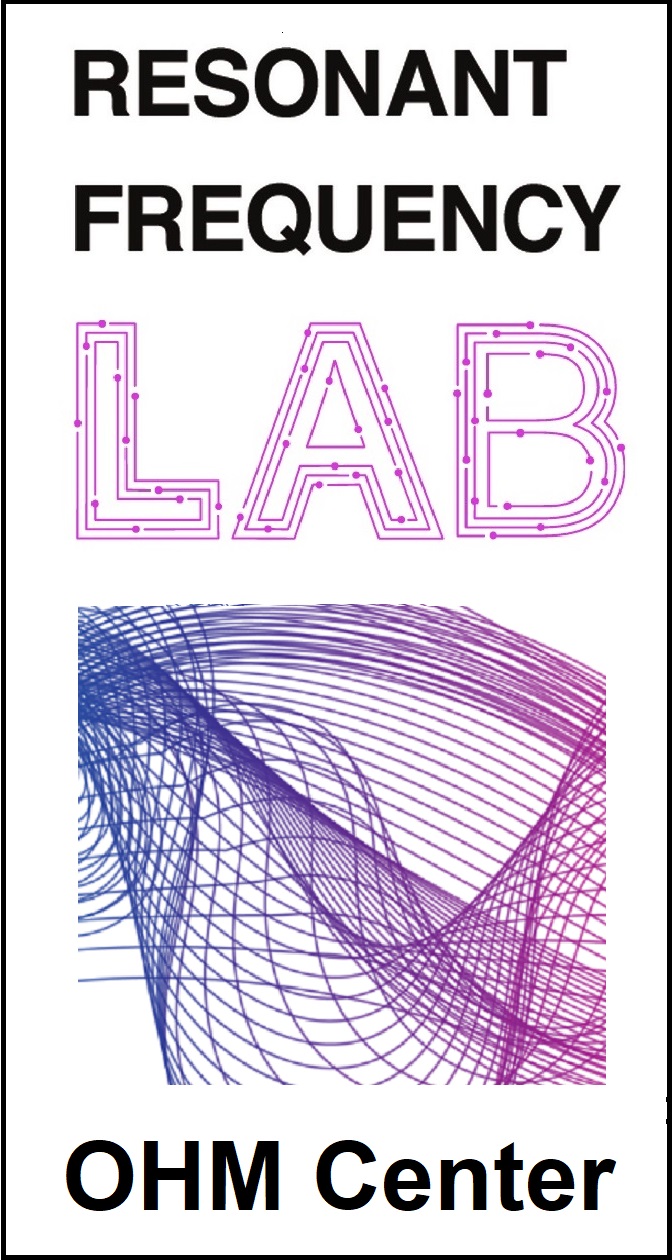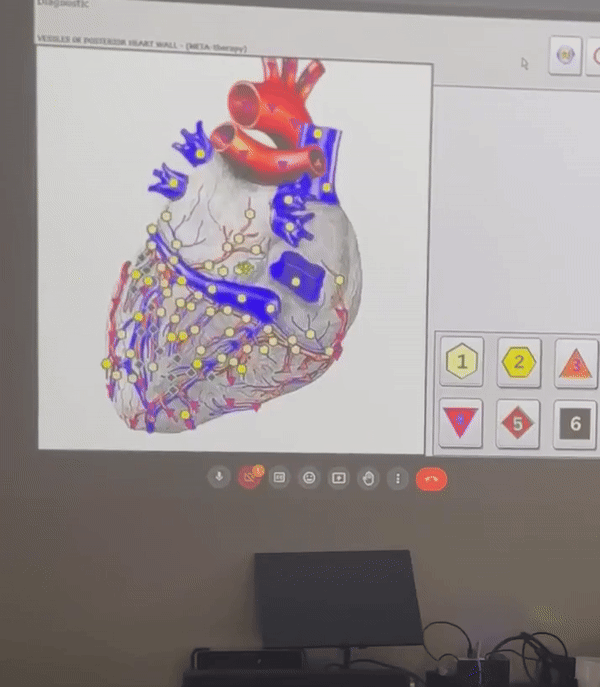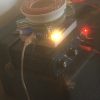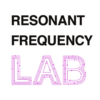Use of electrical devices on state hospital patients draws scrutiny
September 1, 2012
By Andrea Ball
The Department of State Health Services has prohibited the use of a controversial treatment at its public psychiatric hospitals after officials say they learned that a doctor performed unauthorized research on aggressive patients with serious mental disabilities.
On Tuesday, the health agency ordered the psychiatric hospitals it oversees not to use cranial electrotherapy stimulation, a treatment that uses a hand-held device to transmit mild electrical currents into a patient’s head.
Since 2001, North Texas State Hospital in Vernon has used a device called Alpha-Stim on at least 120 violent patients with schizophrenia, autism, intellectual disabilities and other disorders, according to a medical study published in 2007. It has also been prescribed by doctors at San Antonio and Big Spring hospitals.
The treatment was last used in February, said Carrie Williams, spokeswoman for the Department of State Health Services.
The concern is not that cranial electrotherapy stimulation was used in state hospitals, Williams said. The agency has known for years that Dr. Allen Childs, a psychiatrist at North Texas State Hospital, was using Alpha-Stim on patients. In fact, Childs was praised in a 2006 performance evaluation for implementing the treatment and training staffers on how to use the device. Cranial electrotherapy stimulation is not cleared to be used for aggression by the U.S. Food and Drug Administration, but doctors routinely prescribe drugs and devices for conditions other than their approved uses. Over the past decade, the state has bought 12 devices for about $400 each, Williams said.
The problem, officials said, is that Childs conducted studies at the hospital without getting permission from the health department’s Institutional Review Board. That group enforces federal laws guiding research on human subjects, and its approval is required for studies involving people.
Childs did not get that approval, Williams said.
“Once he made the decision to analyze and publish data he compiled from providing that treatment, it became research and should have gone through review,” she said. “We don’t know at this point when he decided to turn the corner into research, but we’re looking into it. He should have told us about the shift to research.”
Officials said the prohibition of the device came after questions about the studies were raised by the Citizens Commission on Human Rights, a mental health watchdog group.
“They were so rarely used, we felt it best to just discontinue any use whatsoever at least until we work through the questions,” Williams said.
Childs did not respond to telephone calls and emails seeking comment. He is currently a part-time hourly employee at North Texas but has not worked on campus in 10 months and lives out of state, Williams said.
“We have no intention of using him at our facilities, and we are reviewing the situation to determine our next steps,” she said.
In general, failing to get review board approval for human studies can have serious implications, said Lynda Frost, director of planning and programs for the Hogg Foundation for Mental Health at the University of Texas. The Hogg Foundation’s work includes providing grants for mental health research.
“One small problem with this can put all your federal research funding at risk,” she said. “It’s federal law. This is stuff that you have to follow. It’s not optional.”
Based on their review of medical records so far, state officials said there are no indications that anyone was harmed by the treatment. But the Citizens Commission on Human Rights is now calling for a legislative inquiry to determine how the state is monitoring the devices on its campuses and whether the patients — all of whom had profound mental illnesses — were capable of giving informed consent for the treatment.
“The policy implications of this are staggering,” said Lee Spiller, policy director for the group. “We don’t understand how a random device was used on aggressive patients in North Texas State Hospital, and we think there needs to be a legislative inquiry into that.”
Background on device
Alpha-Stim is a hand-held device that is powered by a 9-volt battery and administers a small electrical current to the brain through two electrodes clipped to the user’s earlobes. The concept behind it is that Alpha-Stim increases the brain waves that cause relaxation, thus easing anxiety and other ailments.
Cranial electrotherapy stimulation is cleared for use by the FDA for anxiety, depression and insomnia.
Alpha-Stim, made by Electromedical Products International in Mineral Wells, has been on the market since 1981. But off and on over the years, the company and the FDA have battled over whether the device is safe and effective and whether it should remain on the market. According to documents from a February hearing in which the FDA proposed additional regulations on cranial electrotherapy stimulation, the federal agency does not believe there is enough scientifically valid research showing that Alpha-Stim and products like it work.
Electromedical Products International founder Daniel Kirsch said those doubts are unfounded and that the company has scores of studies showing its efficacy.
“We were railroaded in a third-world kangaroo court,” Kirsch said of the hearing.
The company, which has 21 employees, continues to legally sell the device all over the world. Its largest customers are the U.S. Army and U.S. Department of Veterans Affairs, which use the device to treat pain and post-traumatic stress disorder. The devices now cost about $600 to $1,000 each, depending on the size of the unit.
According to the company, the side effects are minimal: 1 in 500 people gets skin irritation from the product; 1 in 500 gets a headache. Nausea and dizziness are also listed as possible side effects if the current is too high.
Childs, who has worked at different state facilities almost continuously since 1981, began prescribing Alpha-Stim for aggressive patients with a history of assault and other violent behaviors in 2001, according to medical publications found in public databases.
Before the device was used on patients, the psychiatrist went through a formal process required by the hospital, Williams said. He presented information to other physicians at the hospital, who agreed that it could be used on patients, she said. Alpha-Stim was also approved by the hospital ethics committee.
It’s unclear exactly how many people received the treatment. According to one of Childs’ studies, 120 people were treated with Alpha-Stim from 2001 to 2005. Although doctors have continued to use the device, the state does not know exactly how often it was used.
In 2005, Childs published a preliminary study in The Journal of Neuropsychiatry and Clinical Neurosciences about the use of Alpha-Stim on nine patients at North Texas State Hospital. In the report, the doctor wrote that he reviewed the charts of nine patients who had used cranial electrotherapy stimulation for three months and that the patients had become less violent over the course of the treatment.
In 2007, Childs expanded that study, this time looking at 48 patients who received the treatment between 2001 and 2005. Chart review showed the same improvement, he wrote.


















Leave a Reply